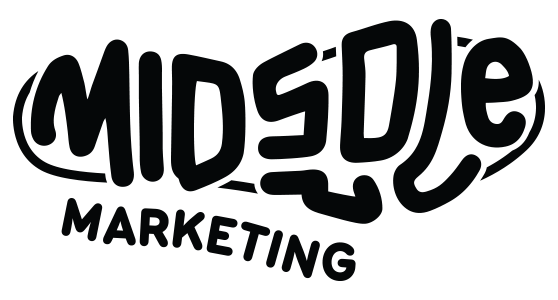How Content Marketing Builds Lasting Customer Relationships
Content marketing isn’t just about creating posts or blogs—it’s about forging connections. For small business owners, it’s one of the most cost-effective and impactful ways to engage your audience, build trust, and turn casual visitors into loyal customers. But how do you do it effectively? In this post, we’ll dive into strategies for leveraging content marketing to create relationships that last.
1. Why Content Marketing Matters for Small Businesses
Engages Your Audience: Content marketing allows you to provide value before asking for a sale, building goodwill and rapport.
Builds Trust and Authority: Consistent, high-quality content positions your business as an expert in your field, making customers more likely to trust your brand.
Drives Customer Retention: Engaging content keeps your customers connected to your brand, encouraging repeat business..
2. Steps to Develop a Winning Content Marketing Strategy
A. Know Your Audience
Understand their needs, pain points, and preferences.
Example: Ask what your customers want out of a business like yours. Are they looking for education? Inspiration? Entertainment? Use customer feedback, surveys, or analytics tools to define your target personas.
B. Set Clear Goals
What do you want your content to achieve? Engagement? Conversions? Awareness?
Example: If your goal is to increase engagement, focus on shareable and interactive content like polls or videos.
C. Choose the Right Platforms
Be where your customers are: blogs, social media, email newsletters, etc.
Example: If you target professionals, LinkedIn might be the best platform for your content.
3. Types of Content That Build Relationships
A. Educational Content
Teach your audience something valuable that relates to your industry or product.
Example: A furniture company could create a blog post like "Top 5 Tips for Maintaining Upholstery."
B. Storytelling Content
Share behind-the-scenes looks, customer success stories, or your brand’s journey to create emotional connections.
Example: Post a video about the origin of your company and its mission.
C. Interactive Content
Engage your audience with quizzes, polls, or challenges.
Example: A quiz titled "What’s Your Ideal Marketing Strategy?" can be both fun and informative.
D. User-Generated Content
Encourage your customers to share photos, reviews, or testimonials and feature them in your content.
Example: A restaurant could share customer photos enjoying their meals.
4. Measuring Content Marketing Success
Creating great content is important, but understanding what works is how you build a smarter, more effective strategy. Here’s how to track success:
If you’re ready to apply these insights but need a partner to guide the way, we’d love to chat. Let’s turn these lessons into action and make 2025 your strongest year yet.
Track Key Metrics:
Focus on specific performance indicators that align with your goals:
Engagement: Likes, comments, shares, and saves on social media.
Website Traffic: Monitor how many visitors come to your site from content like blog posts or social media links.
Conversions: Look at how many people take desired actions (e.g., signing up for a newsletter, booking a call) after engaging with your content.
Analyze Special Content Performance:
Not all content is created equal. Special content—like videos, interactive quizzes, or storytelling posts—can resonate differently with your audience.
How to Track Special Content Success:
Use platform-specific analytics to monitor performance. For example:
On Instagram, track engagement rates for reels vs. regular posts.
On your blog, use Google Analytics to measure time spent on storytelling articles vs. listicles.
Experiment with Content Types: A/B test different formats like video vs. written posts to see what garners more clicks or engagement.
Identify High-Performers: Pay attention to spikes in traffic, engagement, or shares for certain content pieces. Repurpose or expand on those successful topics.
Refine Based on Insights:
Regularly review what’s working and adjust your strategy accordingly:
Scale up content types that perform well. For example, if storytelling videos consistently drive traffic, consider making them a regular feature.
Eliminate or refine content that underperforms to focus on what your audience values most.
Content marketing isn’t just a trend; it’s a relationship-building powerhouse. By creating meaningful, engaging, and consistent content, you’ll foster loyalty, drive engagement, and grow your business in ways traditional marketing can’t.
Ready to take your content marketing to the next level? At Midsole Marketing, we specialize in creating tailored content strategies that speak directly to your audience. Contact us today to start building customer relationships that last!



